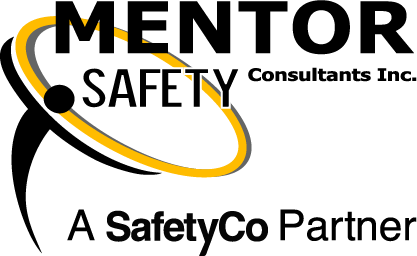-Carola Mittag
As I sit contemplating this month’s essay I am in pain, back pain specifically. It started three days ago and has become progressively worse. In the past, I have had bouts of back pain but not to this degree. It is debilitating; I can’t even reach to put my socks on let alone perform other common-day functions. Getting out of bed without almost passing out, is just one example.
How do you describe pain? I’ve done a little reading online to establish what kind of pain this is and have come to the conclusion that it is Somatic. Somatic pain results from stimulation of the pain receptors in your tissues, rather than your internal organs. This includes your skin, muscles, joints, connective tissues, and bones. It’s often easier to pinpoint the location of somatic pain rather than visceral pain (damage to your internal organs).
Somatic pain usually feels like a constant aching or gnawing sensation. I can attest to this.
However, I don’t want to dwell on my pain as there is a lesson in this that I would like to share. Once again I must thank Robert Fulghum for his inspiration and insights.
His latest composition is entitled MAINTENANCE. There is a great deal of wisdom in what he shares in this piece. Synonyms for the word maintenance include preservation, conservation, continuation, carrying on, prolongation, perpetuation, extension, protection. This list is almost infinite.
In Roberts words (with some editing on my part):
Wanting
“We grow up wanting.
Wanting stuff. A bike. A cell phone. Computer. Clothes. Money. And then a job, a car, a love relationship, a spouse, a house, a child, and on and on and on.”
Having
“Next comes Having.
And nobody ever tells you during your education that the consequence of Having is Maintenance. Having requires responsibility. Because you must actively take care of what you have or else. Maintenance is necessary.”
“Most of what we have comes with a manual.
A set of instructions on how to assemble, use, and take care of.
And most of the sorrow Having brings, comes from not reading and studying the manual.”
“We have a body – we are the occupying user.
But we don’t pay much attention to a user’s manual until our body is wearing out or broken or damaged. Then we turn ourselves into a medical repair shop, when reading a manual in advance would have kept us healthy.
Mostly we Get and Have and then wing-it from there until the consequences of poor maintenance intervene. Only then do we look for the user’s manuals – but what’s required by then may be damaged beyond repair.
Active Maintenance along the way would make a difference. Preventive Maintenance. Attention is required.”
“There are lots of manuals – almost everything you Want and Get and Have comes with user’s instructions. [sic]Sooner or later, we’ll wish we had paid attention to the manuals and user instructions. If we don’t the next step is “Damage Control.”
Personally, the lesson is to exercise more to build muscle strength and eat better for better overall health.
And here – you knew it was coming – I will relate this to health and safety. Whether better-written health and safety policies, better-trained employees or an improved workplace safety culture, all fall under active, preventive maintenance. These remove the need for “damage control”.
At the beginning of this Blog, I listed synonyms for the word maintenance including preservation, conservation, continuation, carrying on, prolongation, perpetuation, extension, protection.
Each of these words describes our ultimate goal: to preserve our own life so that we may enjoy time with our family and friends and continue to do the things that bring us enjoyment.
I’m off to find the hot water bottle now and take the rest of the day to nurse my back.

Watch for next month’s Blog published in the first week of December.
Sincerely,
Carola Mittag
Consultant and Editor for Mentor Safety Consultants Inc.
